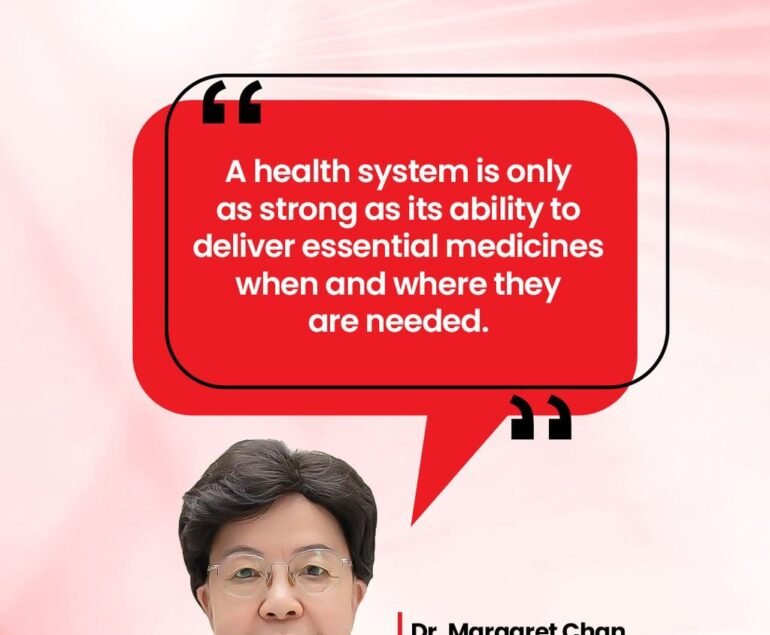You’ve probably met someone who looks and feels much younger than they are — and others who seem older than their years. That difference isn’t luck; it’s biology.
Your biological age reflects how well your body is functioning compared to your actual (chronological) age. It looks beyond birthdays to measure how your cells, organs, and systems are holding up. Two people can both be 35 — yet one may have the body of a 28-year-old, while the other’s internal markers resemble that of a 50-year-old.
So, what makes the body age faster than the calendar?
1. Chronic Stress
When you live under constant pressure, your body produces more of a hormone called cortisol. While cortisol helps you handle short bursts of stress, long-term exposure damages healthy cells and speeds up the shortening of telomeres — the DNA caps that protect your chromosomes from wear and tear. Over time, this leads to faster aging on a cellular level.
2. Poor Sleep
Sleep isn’t just rest — it’s repair. During deep sleep, your body clears toxins from the brain, balances hormones, and repairs damaged tissues. Missing sleep, or sleeping poorly, interrupts that repair cycle. The result? Fatigue, dull skin, poor memory, and accelerated biological aging.
3. Processed Foods and Sugar
Refined foods are high in sugar and inflammatory fats that trigger chronic inflammation — the invisible process behind many age-related diseases. This kind of ongoing inflammation weakens blood vessels, breaks down collagen, and leaves you feeling sluggish.
4. Sedentary Living
Modern work life often means long hours of sitting — at a desk, in traffic, or behind a screen. Physical inactivity reduces blood flow, oxygen supply, and mitochondrial function (your cells’ energy engines). Movement is not optional; it’s the signal your body needs to stay alive and young.
Checking Your Biological Health
The truth is, you can’t judge internal aging by appearance alone. Routine tests like metabolic panels, lipid profiles, and oxidative stress markers help you understand what’s happening beneath the surface. These tests assess how your metabolism, heart, and cells are functioning giving you a clearer picture of your true biological age.
Can You Reverse It?
The good news: yes. Biological age can change in both directions. Studies show that managing stress, getting enough quality sleep, eating real food, and staying physically active can all slow, or even reverse, the markers of biological aging.
At Medbury Healthcare Group, we believe in proactive, preventive care the kind that helps you understand how your body is aging, not just how you feel. Because feeling young is great but staying young inside is what truly matters.





